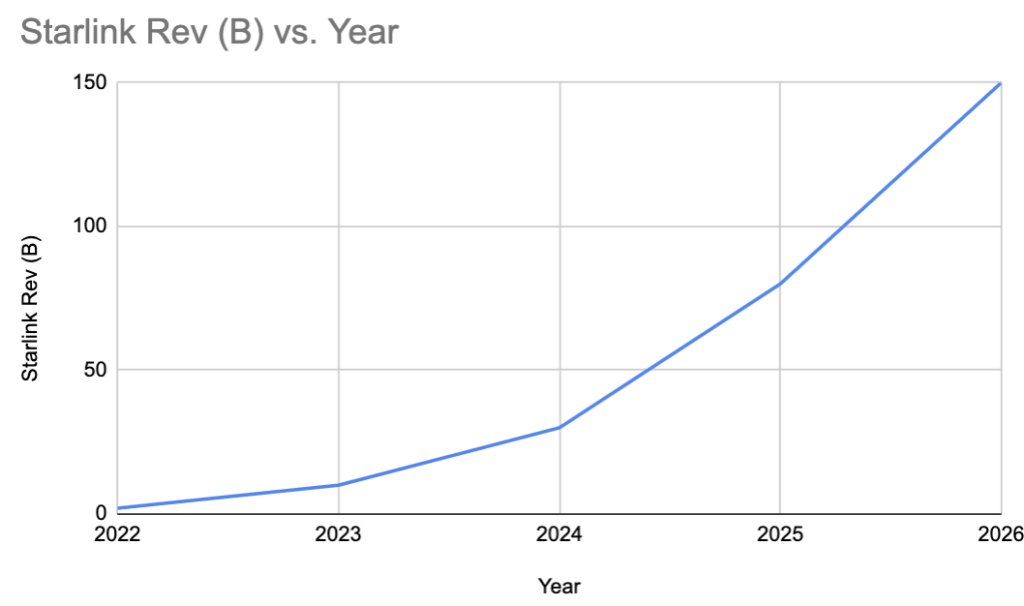Elon Musk’s ambitious plans for SpaceX have positioned the company as a formidable player in the aerospace industry, with expectations that it will generate around $15.5 billion in revenue by 2025. This substantial growth forecast is primarily driven by SpaceX’s continuous stream of successful rocket launches and lucrative contracts from NASA and the U.S. government. Notably, the company is also a key contender in the government’s ‘Golden Dome’ missile defense shield project—an initiative that aims to protect the U.S. from missile threats and is projected to cost $175 billion over the next three years. The involvement in such a high-stakes project symbolizes the growing trust and reliance on private aerospace firms, as well as the potential for significant revenue generation from governmental defense contracts. As SpaceX prepares to contribute to this monumental project, they have already begun discussions with top administration officials about their innovative satellite defense plan, which includes launching up to 1,000 satellites to track incursions and 200 additional satellites designed for interception.
The remarkable growth of SpaceX is further highlighted by its satellite internet service, Starlink, which has achieved breakeven cash flow and continues to expand globally. The partnerships with major telecom companies in India, such as Airtel and Jio, signify the potential for Starlink’s growth in emerging markets, contingent on regulatory approvals. With the expectation that SpaceX’s commercial revenue will outpace NASA’s modest budget of $1.1 billion, Musk’s prediction is not merely optimistic but reflects the reality of the growing private space sector. In 2024, analysts estimated SpaceX’s revenue to range between $12 and $13 billion, showcasing a considerable rise from previous years. This growth trajectory is indicative of SpaceX’s ability to capitalize on the increasing demand for satellite launches, aiming for an unprecedented 170 launches in 2025 after setting a record of 134 in 2024.
Despite these advancements, SpaceX has encountered significant setbacks, particularly with its ambitious Starship rocket program. Recent failures during high-profile test flights have raised concerns about the rocket’s readiness for its pivotal missions, including an uncrewed flight to Mars scheduled for late 2026. The challenges extend beyond technical failures; regulatory scrutiny surrounding Starlink’s rapid satellite deployments has prompted discussions about the environmental impact of space debris and astronomic interference. As SpaceX navigates these hurdles, its commitment to innovation remains at the forefront, with the company dedicated to revolutionizing space exploration while addressing the critical issues that accompany its rapid expansion.
Summary
Elon Musk’s SpaceX is projected to generate approximately $15.5 billion in revenue by 2025, driven by successful rocket launches, government contracts, and the expansion of its Starlink satellite internet services. The company is also a frontrunner for a significant portion of the $175 billion Golden Dome missile defense project, which includes plans to deploy hundreds of satellites for missile detection and interception. Musk noted that SpaceX’s revenue could surpass NASA’s budget of roughly $1.1 billion next year, highlighting its rapid growth from $9 billion in 2023 to estimates of $12 to $13 billion in 2024. Despite ongoing developments and expansions, including partnerships for Starlink services in India and an ambitious goal of 170 Falcon launches in 2025, SpaceX faces challenges, such as recent test flight failures of its Starship rocket and regulatory issues regarding satellite deployments.



More Stories
Perplexity AI Video Generation: New Feature Unveiled on X
SpaceX Starship Explosion: Major Setback Before Tenth Test Flight
Apple Class Action Lawsuit Over Cryptocurrency Scam